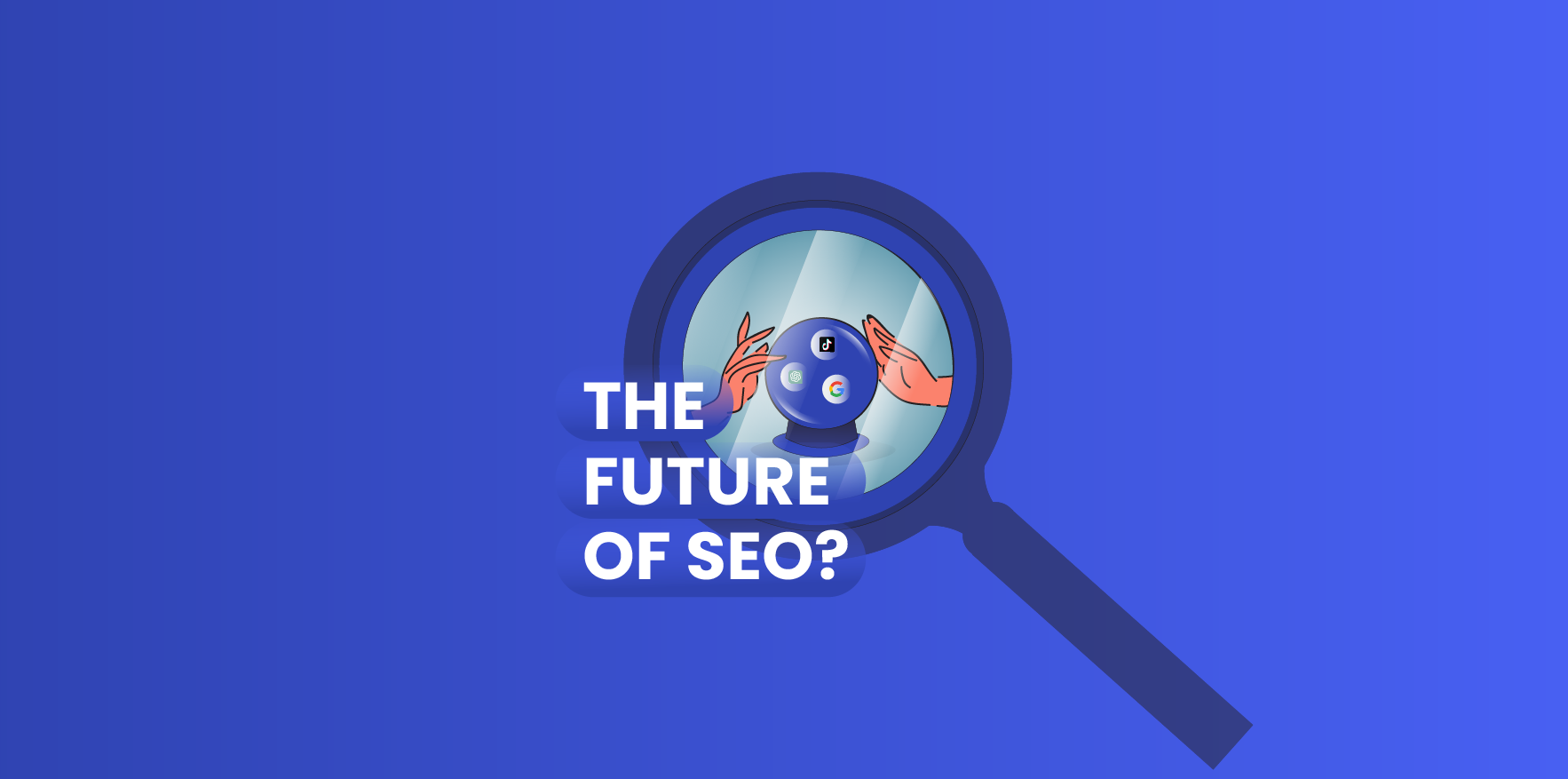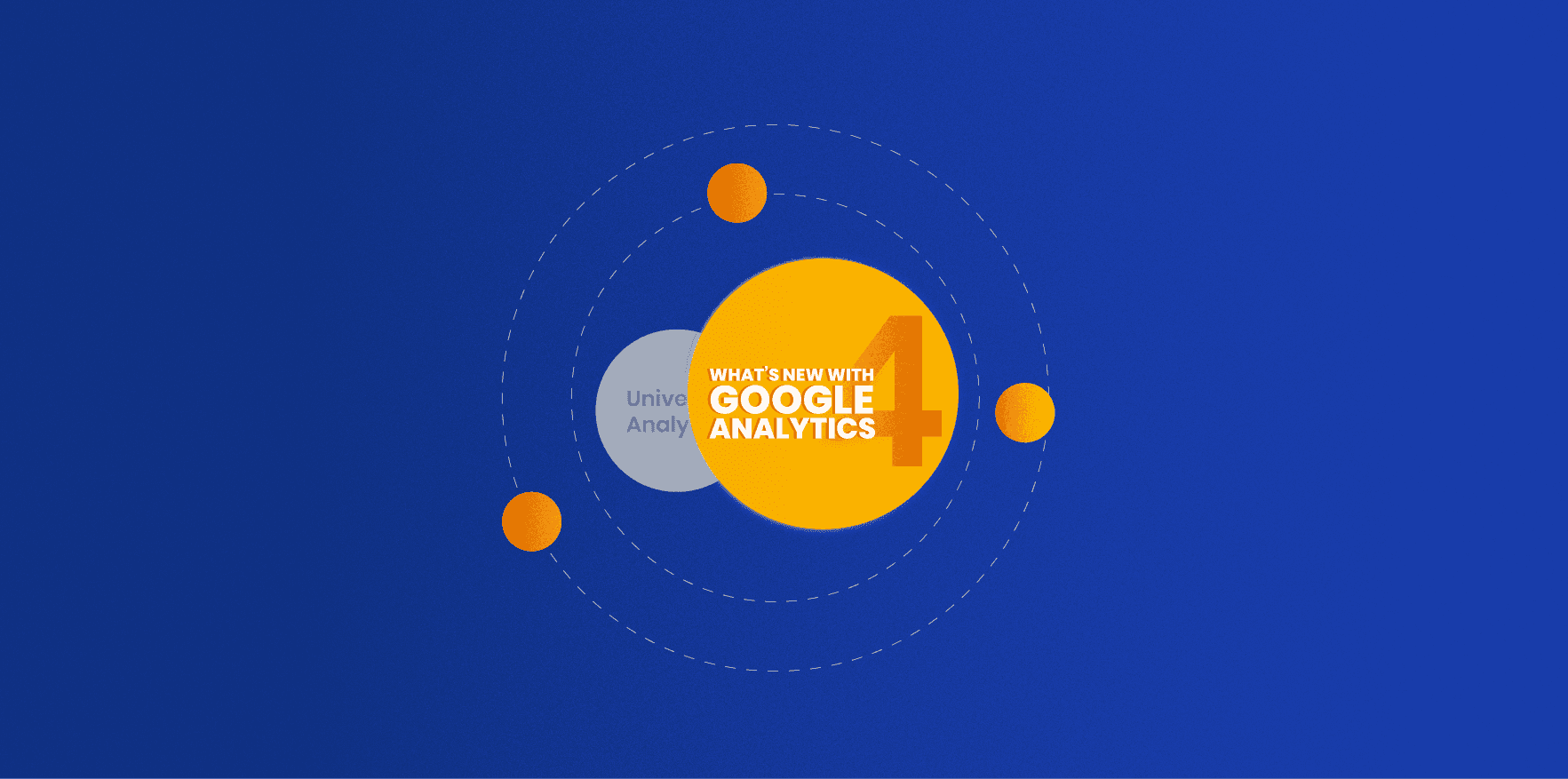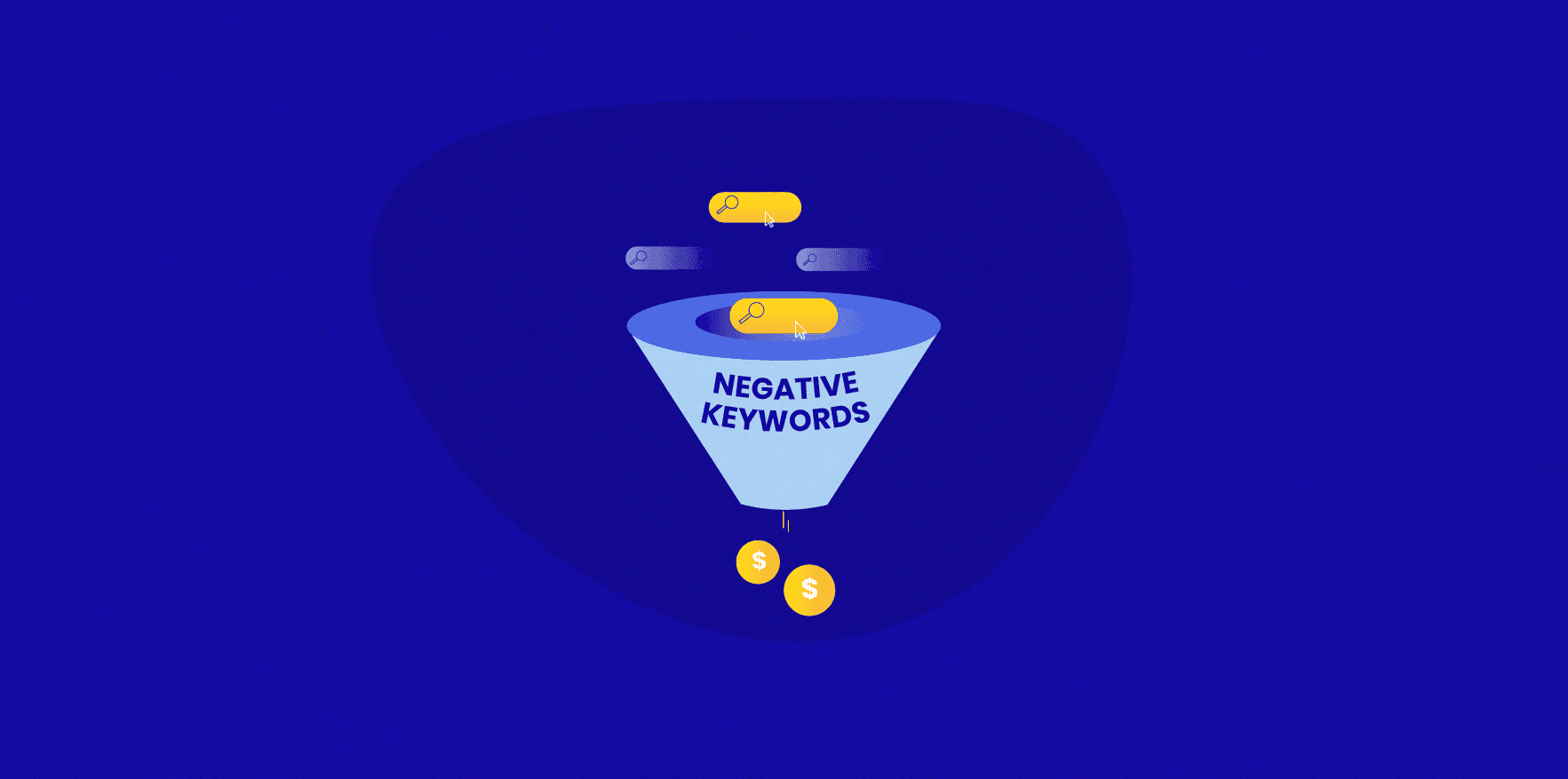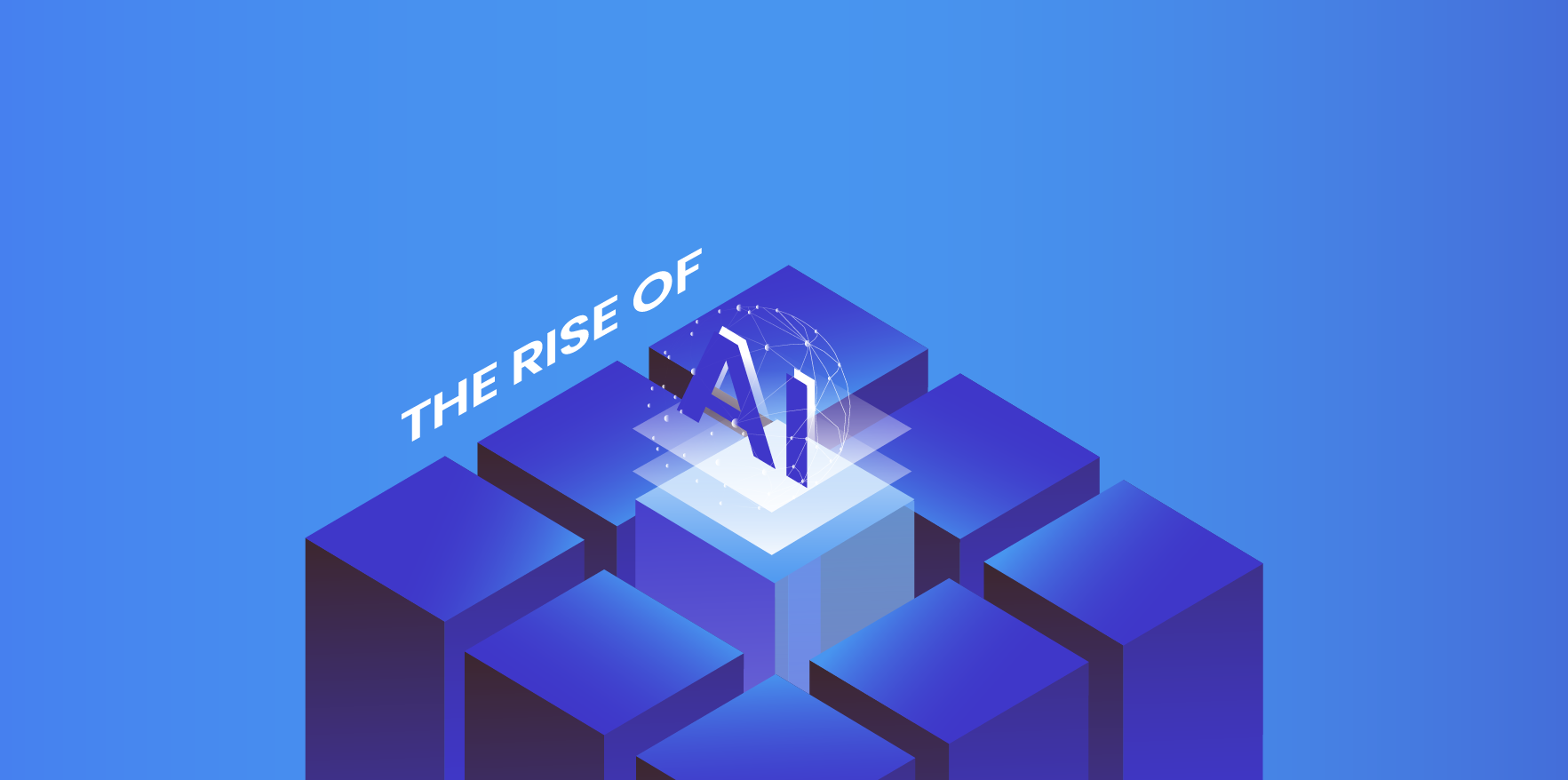
Technology
The Rise of AI: How Can Agencies & Marketers Adapt To It?
Growth Insights
AI

Alex Coupe
8 thg 3, 2023
Everyone's talking about AI. A quick scroll on LinkedIn will see you bombarded with AI-related news and opinions, with ChatGPT seemingly dominating the marketing and advertising space. Marketers are understandably concerned about how they can make sense and make use of all these new AI technologies.
Through all the noise surrounding "The Rise of AI" one thing remains clear: if marketers and agencies want to survive in this new age of technology they must learn to adapt and adopt.
In this article, we'll explain why adaptability is so crucial for marketers and agencies in the increasing AI-powered world. But first, let's find out exactly why AI technology has become so popular.
Why has AI grown so much, so quickly?
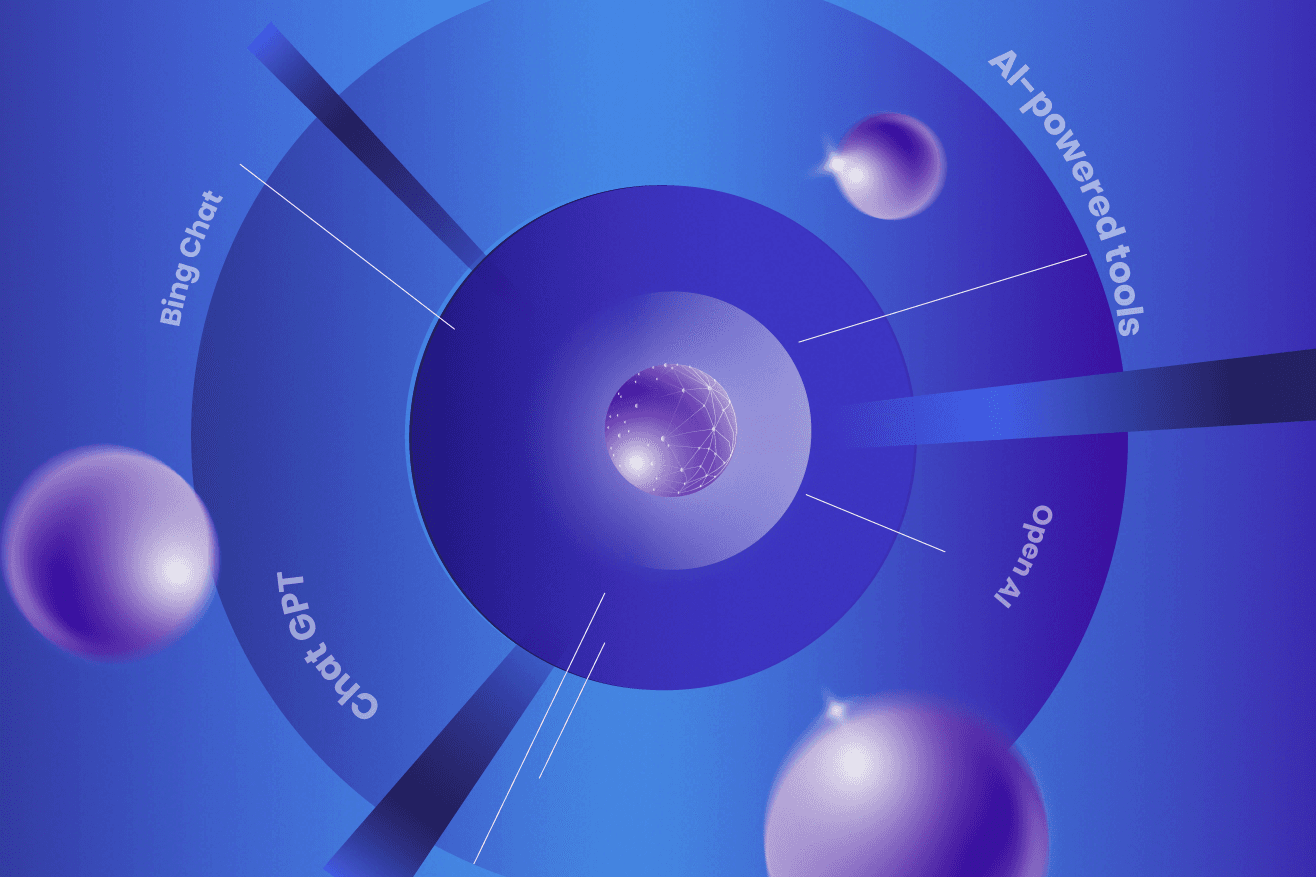
AI is nothing new. From voice assistants to self-driving cars, AI technology already plays a part in most of our day-to-day lives.
Major tech companies have been leveraging AI technology for years. Google, Facebook, Spotify and almost all other social or search platforms use AI technology to personalize their products. So if you've ever used any of these platforms in your SEO or ad campaigns, you will have already leveraged AI to reach your desired audience.
Recently, however, access to useful and powerful AI tools, such as ChatGPT, has become far more widespread.
The recent growth of easily accessible AI technology is the result of a virtuous cycle: more and more businesses are recognising the potential value of AI and investing in AI tools, which has driven up rates of innovation and driven down costs.
This cycle has been compounded by growing consumer expectations for personalized, efficient online experiences and accurate, engaging content - both of which AI can help create.
How is the growth of AI affecting the Digital Marketing Industry?
The aim of marketing is to reach the right audience with the right message. Fundamentally, we just see AI as another important tool that helps us better target that audience with a better crafted message.
AI-powered tools have the power to better analyze and understand customer behavior, optimize targeting and advertising efficiency, improve customer experiences, and ultimately enhance ROI.
The increasing accessibility of AI tools is inevitably changing the way that many industries and professions operate, and marketing and advertising is no different.
For example, both Google and Microsoft are already implementing AI-chatbot technology, like ChatGPT, into their respective search engines. These chatbots are able to analyze huge quantities of qualitative data to provide single, human-like responses to user queries without listing hundreds or thousands of possibly-relevant results.
Consequently, AI might not only revolutionize online behavior, but also the entire business models of ad networks and marketing agencies who use them.
Learning to adapt to the changing market and utilize these new tools could be lucrative for marketers and businesses, but remaining static and close-minded is a recipe for disaster.
In an upcoming article, we'll take a closer look at the specific AI tools and technologies you can implement to generate results for your business. Join our Slack channel to get the first access.
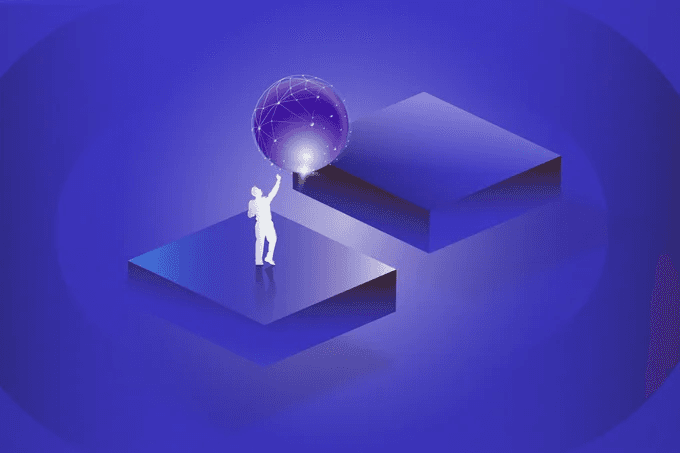
Why is adaptability so important for marketers in the "age of AI"?
The huge variety of AI-powered tools now available offer plenty of opportunities for marketers to build their hard skill set, improve their understanding of consumer behavior and enhance the effectiveness of their targeting.
Nevertheless, there are two key reasons why it's the soft skills of flexibility and adaptability which will make or break modern marketers in the "Age of AI" and enable them to stay in control:
1. Rapid Technological Advancements and Increasing Competition:
The world of marketing, and digital marketing in particular, have always been subject to dramatic changes as new media and technologies enter the market. However, AI technology is evolving more rapidly than anything we've seen before, and marketers who fail to adapt risk being quickly left behind. Furthermore, with businesses racing to adopt AI-powered tools, competition is becoming more and more intense.
The hard to swallow pill is those who are willing to learn about new technologies and seek out ways to effectively leverage them will remain relevant and effective in their roles.
2. Growing Expectations for Personalization:
Consumers are demanding increasingly personalized experiences from brands, and AI-powered tools can help marketers deliver on these expectations. Marketers who learn to use AI-powered tools to create and deliver personalized experiences will be better positioned to succeed in the age of AI.
Facebook and Spotify's algorithms are built around AI which understands what their users want to see/hear in order to keep them hooked. Both companies use AI to identify and predict changes in consumer behavior and then, crucially, adapt their services accordingly. Like Spotify and Facebook, adaptable marketers and businesses now have access to AI-powered tools which can help them understand and target their customers more effectively.
Customer behaviors are always changing but AI is improving the efficiency with which we can analyze and predict those changes.
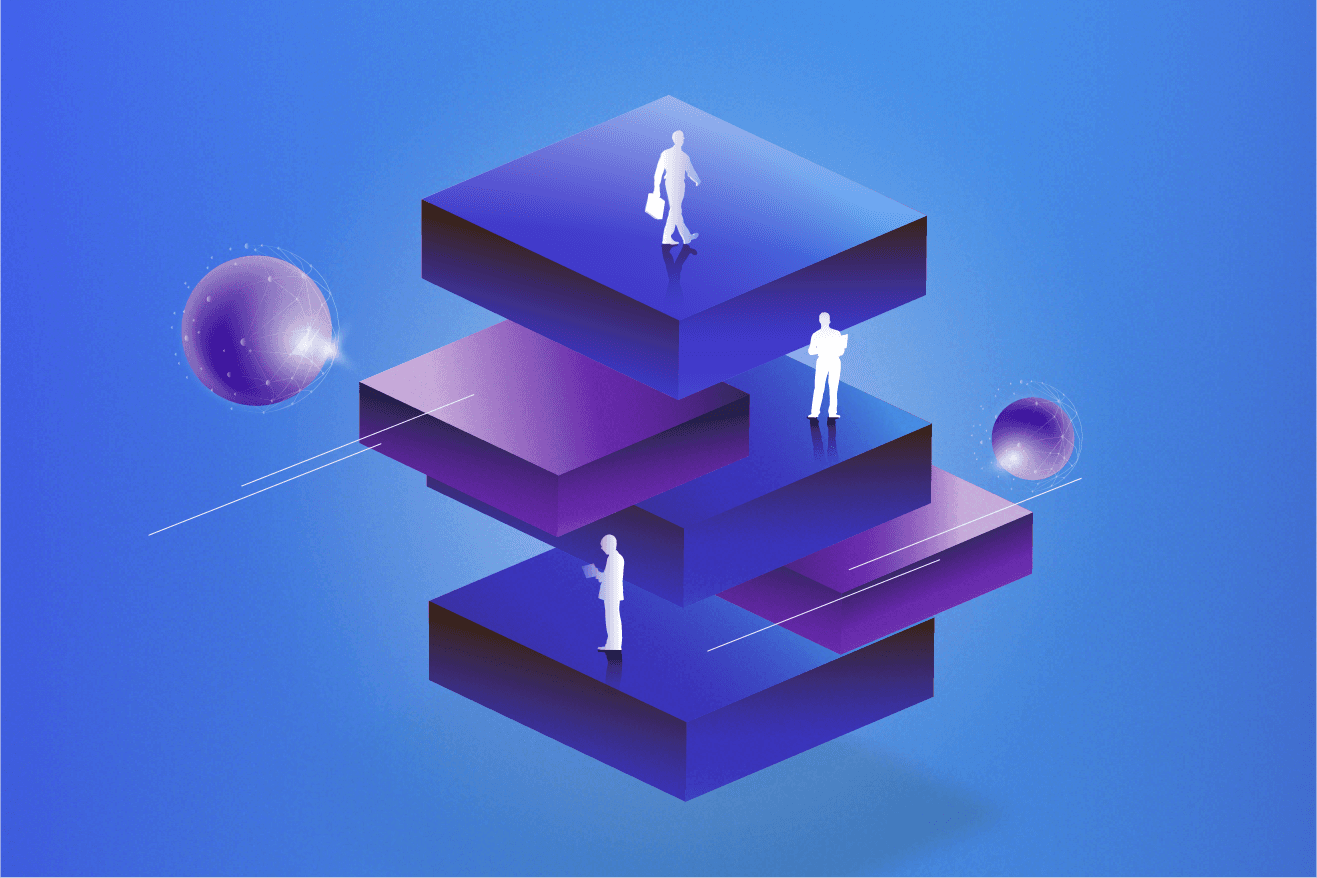
How can you adapt to the rise of AI?
Having identified the necessity for adaptivity and flexibility in "the age of AI", it's important that we now seek to understand how and where AI tools can be introduced to supplement and increase the efficiency of marketing operations.
An upcoming article will take a more detailed look at the specific AI tools you can integrate to meet your business needs, but here is a brief overview of the day-to-day digital marketing practices that can be optimized by AI-powered tools, from the POV of a fast-growing performance agency:
Research and Audit
ChatGPT is an exceptional tool that offers precise and relevant answers to virtually any query, making it an invaluable asset to content creators when doing research. Its ability to quickly generate high-quality responses can save writers a considerable amount of time that would otherwise be spent sifting through Google search results. In addition to content creation, ChatGPT can also be used by design teams to gather inspiration.
AI-powered keyword analysis and bid management tools, such as Google Ads Smart Campaign, can provide a significant boost to PPC campaign optimization. By analyzing historical and real-time data, these tools can predict which keywords and bids are most likely to generate conversions for your campaign, making it easier to target the right audience and improve your overall ROI.
Recommendation and Activation
ChatGPT's ability to generate high-quality, long-form content quickly and efficiently also makes it very useful for the production and activation stages of the content production pipeline. It's important to note that the specificity and quality of responses from ChatGPT is dependent upon the specificity and quality of the prompt. Join our slack to get the first access for our upcoming article on the best ChatGPT prompts for marketers.
Additionally, AI tools like SEMrush and Closerscopy can analyze real-time data to identify the best keywords and structures for SEO content, increasing the speed, accuracy, and quality of content creation.
After implementing ChatGPT and Closerscopy into our content creation strategy, the B2BA Content Team was able to double content production for our music production client, Base for Music. This increase in content volume, alongside our use of SEMrush for SEO optimization, drove a 32.4% increase in traffic for our targeted keyword within 2 months.
For UX/UI and Design teams, AI tools like Adobe Target can help personalize website and app interfaces based on user behavior, while customer-facing chatbots powered by companies like Hubspot can be integrated into landing pages to offer personalized 24/7 engagement with customers, improving customer satisfaction and conversion rates.
Reporting
AI tools play a critical role in PPC marketing by providing valuable analytical and reporting capabilities that can help optimize ad spend.
For example, Acquisio and Adext AI are AI-powered campaign optimization tools that analyze real-time performance metrics to suggest adjustments to targeting and messaging. They can also automate the bidding process by identifying high-performing keywords and monitoring prices to optimize bids, improving ad performance and ROI while reducing the manual labor required to manage campaigns. Properly integrating these technologies into day-to-day work is a win-win for marketers.
In addition to PPC marketing, AI-powered analytical tools can also benefit content and design teams by breaking down consumer behavior data and enabling them to create more data-driven, targeted, customer-centric content.
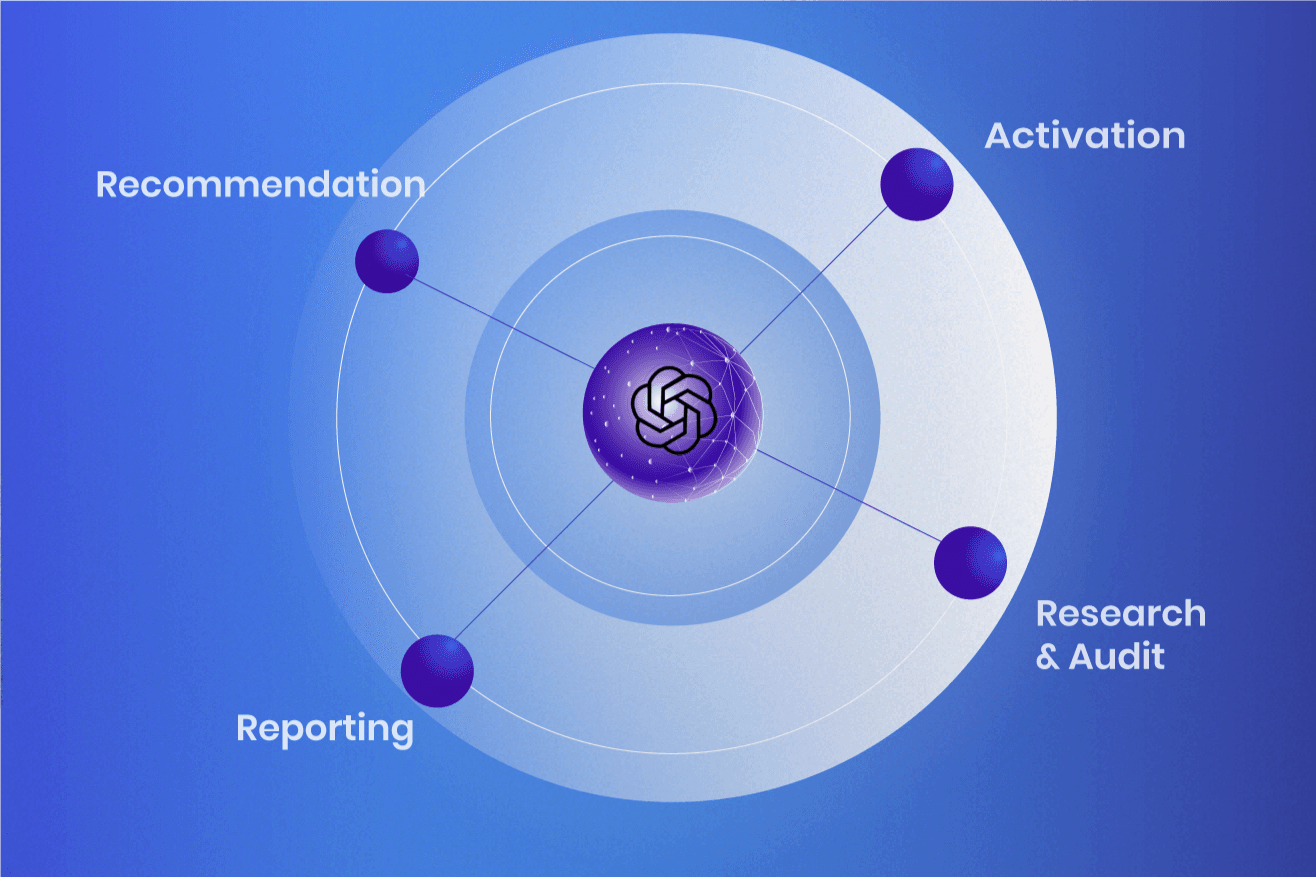
What Next?
It's easy to panic when the environment we work in changes so dramatically, but we've found that the trick is to embrace the change.
Our own utilization of AI has proven to us that marketers who are ready to adapt can remain in control in the changing world of AI and create more engaging, accurate, and cost-effective content.
Now you understand why adapting to the rise of AI is crucial, it's time to work out how you can implement AI-powered technologies into your marketing strategy. In upcoming articles, we'll offer more practical guides to help you utilize AI tools in order to achieve better results.
To keep up to date with future AI content, and hear the latest industry news and insights directly from us by joining our internal Slack channel.
Join the talk!
Stay on top of digital marketing innovation thanks to the insights from our internal Slack.
We post everyday!
